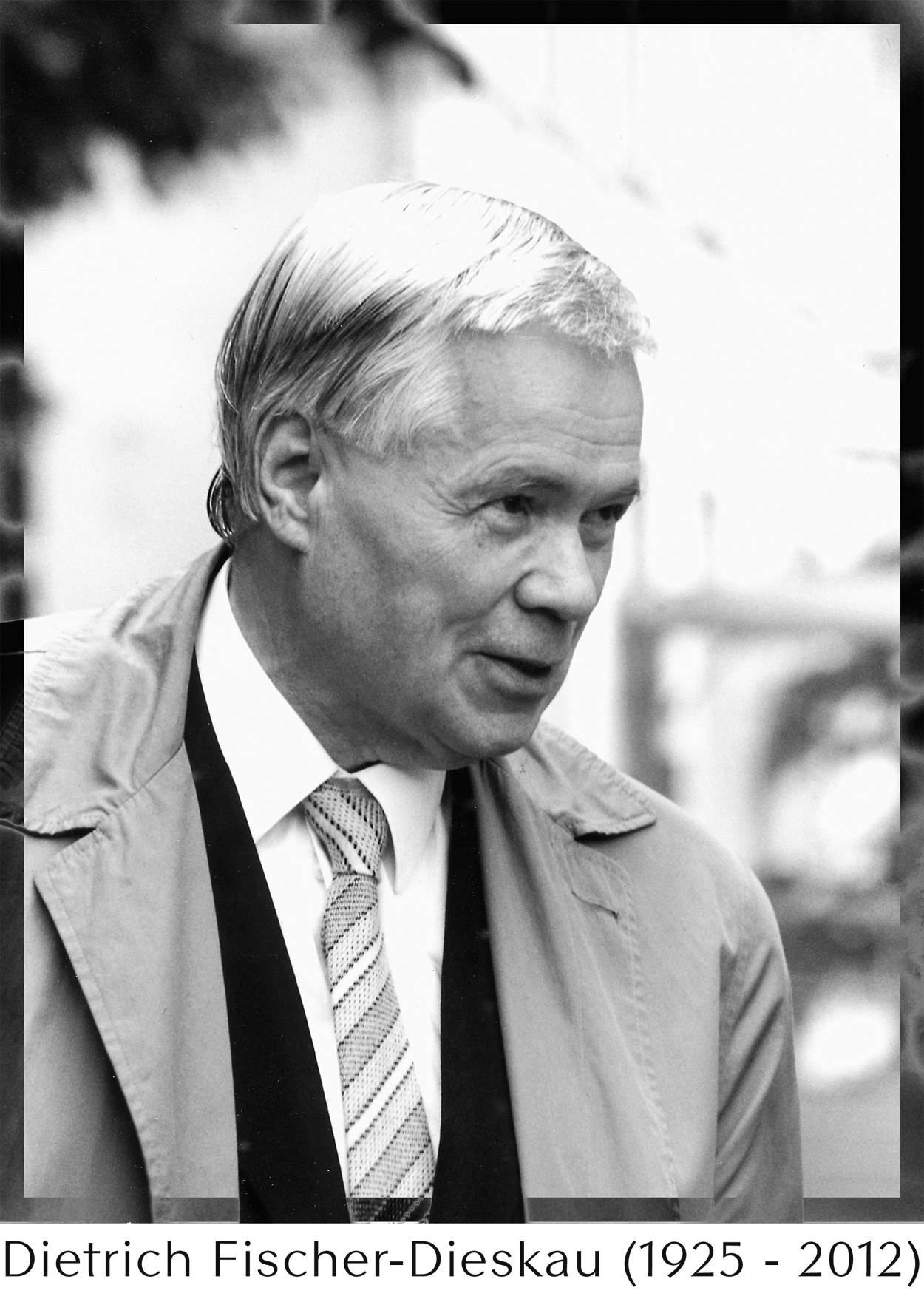Gerhaher & Co. Remember Fischer-Dieskau
The memorial matinée for Dietrich Fischer-Dieskau at the Bavarian State Opera—‘Dieskau’s opera house’—on October 14th, started ideally: With no speech. Just the Larghetto from Mozart’s Clarinet Quintet, one of the most beautiful movements in music, beautifully performed by the members of the Bavarian State Orchestra that make up the Schumann Quartett (thank goodness not their LazArt Quartett) along with clarinetist Jürgen Key.
There is no memorial concert without any speaking, though, and the opera’s savvy Intendant Nikolaus Bachler—a former actor—knows what he is doing with a microphone in front of him, and good at it, and most concisely summed by quoting this sentence: “So long as people learn to sing, they will remember Fischer-Dieskau.”
Then came the reason for my attendance, and perhaps most other attendees: The unambiguously fabulous Lied-Duo Christian Gerhaher and Gerold Huber in six select Schubert Songs. It’s not a coincidence that Gerhaher should have been chosen. Not because he took a few master classes with Dieskau (many others did, too), but because it is him, more than anyone else, who carries the Lied-torch. He does so in a completely different way than “Fi-Di”, which in and of itself is a tribute to Fischer Dieskau who was never interested in creating singing Dieskau clones out of his students, but without whose achievements and qualitative standards all Lied-singing post-DFD is unthinkable.
The short and sweet of Gerhaher in Lied (and for me, well beyond it) is that once you’ve heard him “everything else”—to take Karajan out of context—“is gaslight”. That’s assuming you are into humble, earnest sounds, rather than blustering operatic booming, and assuming you care about text. I’m biased, granted, because Gerhaher conforms to my vocal ideal and has indeed further shaped it, giving me in art-songs all that I never even knew I had been looking for. But I’m hardly alone in this. Dumping a further string of adjectives on him is the lazy thing to do, alas it’s also too true not to: Sincere, severe, uncomfortable, perfectly natural, honest. Hardly infallible, but usually—as certainly on this occasion—truly wonderful. Gerold Huber meanwhile, the pianistic half of the team, is incapable of producing an ungainly tone on seemingly any piano he plays. No matter how or what he plays, there is never an iota of harshness or brittleness to be heard… unless of course specifically summoned for effect. Better still, he can use every expressive nuance without ever going above mezzo-forte, which is an enviable ability that other soloist-pianists might like to a look or two at.
A speech by Dieter Borchmeyer, President of the Bavarian Academy of Fine Arts, followed, which was perhaps as good as it was, because it was personal; never lachrymose, never fawning. He struck many notes, if I dare say, also mentioned in this essay on the German’s “singer of the century”. The German-Chinese pianist YaoYao Brandenburg (what a fantastic name, matched on this occasion by an equally fantastic, tasteful dress) added—so the program told us—two Liszt-Schubert transcriptions : First “Widmung” (not exactly Schubert, but Schumann is pretty close), which showcases the pianistic quality of Schumann’s writing and the ability of Liszt and, here, Miss Brandenburg to make the instrument sing. The same is true of Schubert-Liszt’s “Erlkönig”, even if everything else about the piece is different and the apparent greater challenges led to a touch of approximation on the soloist’s part.
The morning of remembrance was concluded with the final scene of Aribert Reimann’s Lear. The scene and video quality are the same as can be seen on YouTube, except that the pixelization of the picture, further exaggerated when projected on a canvas the size of an operatic stage, was something the eyes had to get used to. Reimann’s music also takes a second to get used to, if one isn’t familiar, but by the end of the eight-minute segment, Shakespeare-Dieskau-Reimann had created an atmosphere that left no one unmoved and the audience shuffled quietly out into the sunny Munich Sunday.























































